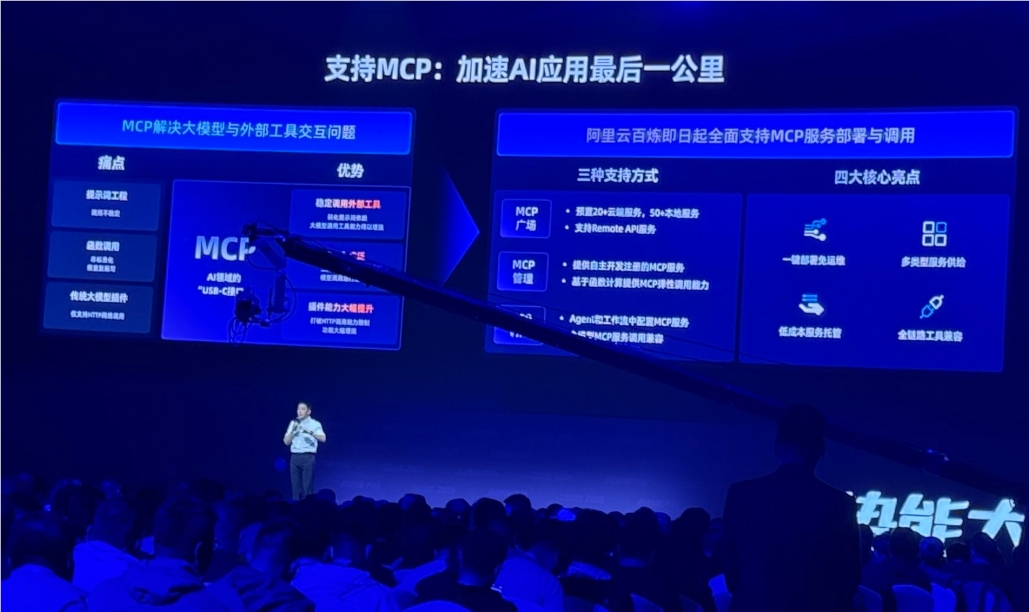A feature widely regarded as a flaw in artificial intelligence—known as "hallucination"—has surprisingly become key to a scientific breakthrough. According to Fortune magazine, one of the 2024 Nobel Prize winners in Chemistry, Professor David Baker, achieved significant research advancements by leveraging the "hallucination" characteristics of AI models.
Professor Baker from the University of Washington is the only American among this year's three Nobel Prize winners in Chemistry. He successfully invented a new type of protein using computer software, a remarkable achievement that ultimately earned him this honor.

Image Source Note: The image is generated by AI, image authorized by service provider Midjourney
Typically, the "hallucination" of AI models—which refers to the tendency to generate false or inaccurate information—is considered a serious flaw. However, the scientific community's perspective on this feature is changing. Researchers have discovered that these "creative errors" of AI may actually inspire new research ideas and drive scientific discovery.
This case challenges traditional perceptions of AI limitations, indicating that even the shortcomings of AI systems can transform into sources of innovation under certain circumstances. Scientists suggest that the "hallucination" capability of AI may open new research directions and aid future scientific discoveries.









